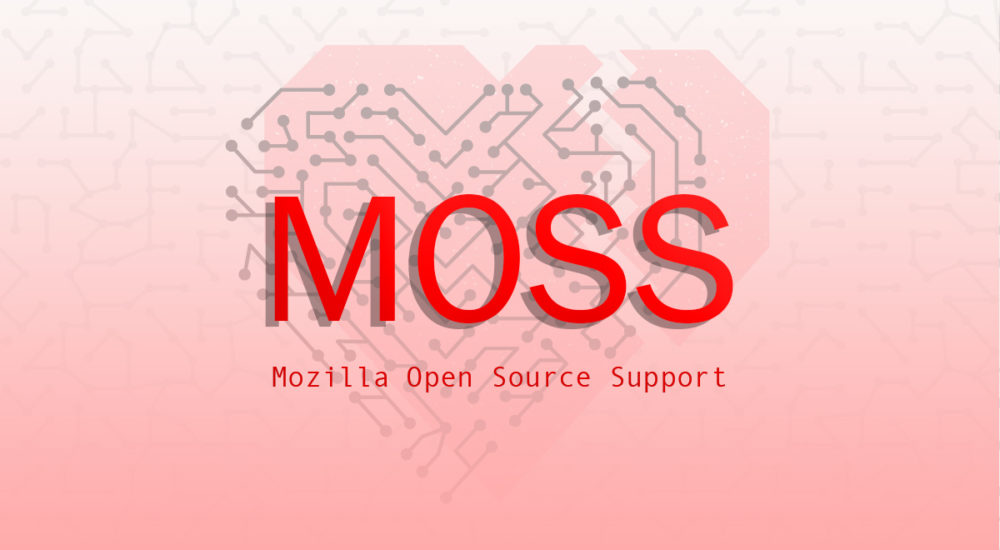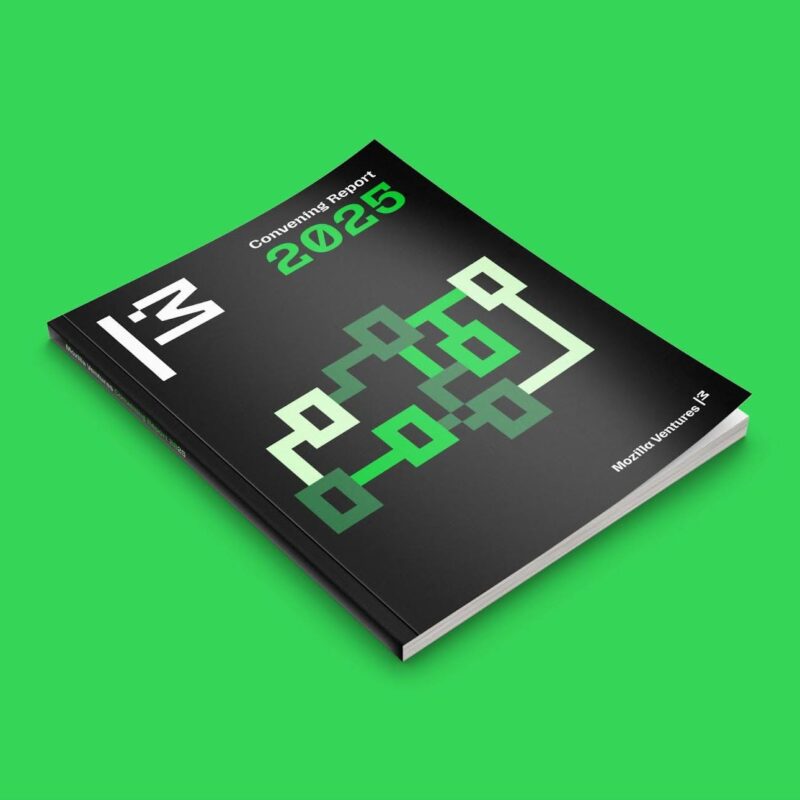Mozilla was born out of, and remains a part of, the open-source and free software movement. Through the Mozilla Open Source Support (MOSS) program, we recognize, celebrate, and support open source projects that contribute to our work and to the health of the internet.
2018 was a year of change and growth for the MOSS program. We worked to streamline the application process, undertook efforts to increase the diversity and inclusion of the program, and processed a record number of MOSS applications. The results? In total, MOSS provided over $970,000 in funding to over 40 open-source projects over the course of 2018. For the first time since the beginning of the program, we also received the majority of our applications from outside of the United States.
2018 highlights
While all MOSS projects advance the values of the Mozilla Manifesto, we’ve selected a few that stood out to us this year:
-
- Secure Drop — $250,000 USD
- SecureDrop is an open-source whistleblower submission system that media organizations can install to securely accept documents from anonymous sources. It was originally built by the late Aaron Swartz and is used by newsrooms all over the world, including those at The Guardian and the Associated Press. In 2018, MOSS gave its second award to Secure Drop; to date, the MOSS program has supported Secure Drop with $500,000 USD in funding.
- Secure Drop — $250,000 USD
-
- The Tor Project — $150,000 USD
- Tor is free software and an open network that helps defend against traffic analysis, a form of network surveillance that threatens personal freedom and privacy, confidential business activities and relationships, and state security. In 2018, MOSS gave its second award to help modularize key aspects of the Tor codebase; to date, the MOSS program has supported this work with $300,000 USD in funding.
- The Tor Project — $150,000 USD
-
- The Processing Foundation — $69,700 USD
- The Processing Foundation maintains p5.js, an open-source JavaScript framework that makes creating visual media with code on the web accessible to anyone, especially those without traditional computer science backgrounds. p5.js enables users to quickly prototype interactive applications, data visualizations, and narrative experiences, and share them easily on the web.
- The Processing Foundation — $69,700 USD
-
- Dat Project — $34,000 USD
- Dat is a nonprofit-backed data sharing protocol for applications of the future. With software built for researchers and data management, Dat empowers people with decentralized data tools. MOSS provided $34,000 USD in funding to Dat for community-building, documentation, and tooling.
- Dat Project — $34,000 USD
Seed Awards
With an eye toward broadening participation in the MOSS program and reaching new audiences, the MOSS team decided to try something new at this year’s Mozilla Festival in London: we invited Festival attendees who work on open-source projects to join us for an event we called “MOSS Speed Dating.” For the event, we established a special MOSS committee, comprised of existing committee members, Mozilla staff, and leaders in the open-source world. Attendees were invited to “pitch” their project to three different committee members for 10 minutes each. Following the event, the committee met to discuss which projects best exemplified the qualities we look for in all MOSS projects (openness, impact, alignment with the Mozilla mission) and provided each of the most promising projects with a $5,000 seed grant to help support future development. While many of these projects are less mature than the projects we’d support with a larger, traditional MOSS award, we hope that these seed awards will assist them in growing their codebases and communities.
The 14 projects that the committee selected were:
- autoEdit2
- Jandig
- Open Data for Outbreak Science
- Psych-DS
- VRStoryGram
- WorldBrain.io
- Streetmix
- Push
- MoodleNet
- Ciberseguras
- Smart Greenhouse Monitoring System
- CiviCRM Core Support and Development Inquiry
- Engage
- TorBirdy
Looking forward to 2019
In 2019, we hope to double down on our efforts to widen the applicant pool for MOSS and support a record number of projects from a diverse set of maintainers around the globe. Do you know of an open-source project in need of support whose work advances Mozilla’s mission? Please encourage them to apply for a MOSS award!



